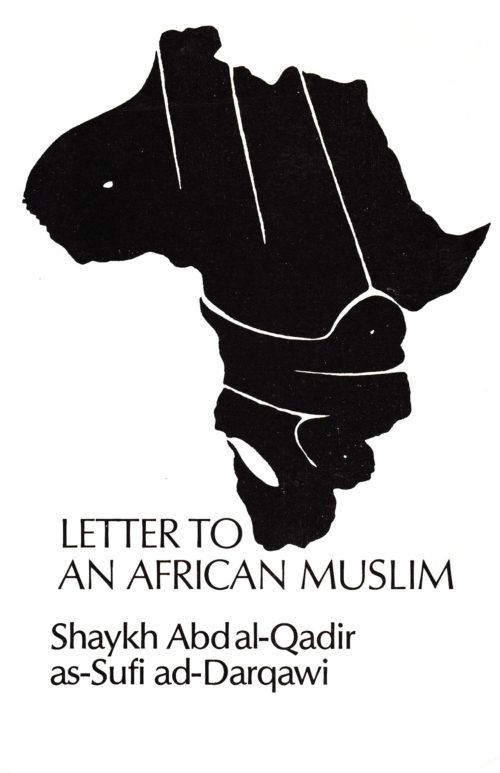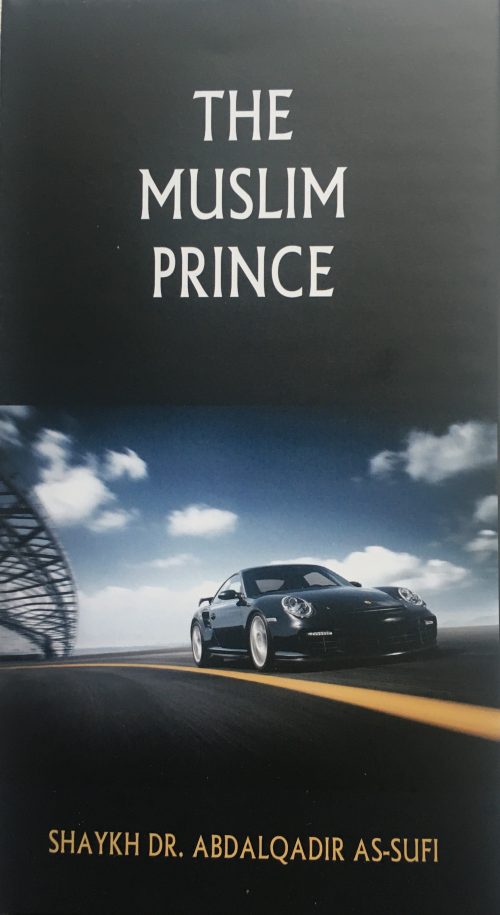Description
This is an essay on Wagner’s musical and literary works. Dallas unfolds Wagner’s enlightening and exceptionally intelligent contribution to our understanding of the human condition and the psyche of modern man in his quest for freedom, historical renewal and civic harmony outside the zone of the political forces that exist in the world today. Interweaving philosophy, musical theory, history, bio-politics and literature Dallas recognizes and identifies Wagner s central understanding that it is not structuralist authority, but what men and women are, which constitutes the basis of a free and just society, and that woman true womanhood has a unique spiritual significance and role in that, an understanding that made Wagner a revolutionary at one blow.
“Richard Wagner. In the end, if you have entered into the universe of his music dramas you will also have the conviction of having in some way met its creator and that he is your close friend. Do not be put off by the bitterly sarcastic critics, or perhaps, yes, do be put off. If you view life as they do, and envy vastness of spirit and profundity of meditative reflection on existence and nature, and surrender to the erotic drive, yes, do turn away. Wagner is not for you. Idolatry is one of the terms of these critics. It is ironic to note that one of his most bitter critics has gained his immortality simply by having disliked him so much. My first encounter with Wagner was when I was nineteen. And as Schiller counselled, the convictions of one’s youth are true and endure, so guard them! I met him through my other passion, Baudelaire. I read in the letter he wrote to the composer after experiencing Tannhäuser, ‘Vous m’avez rappelez à moi-même et au grand dans des mauvaises heures.’ I went from Tristan to Parsifal, intoxicated by the former, sobered beyond my years by the latter.
“Immediate exposure to the ‘sound’ of Wagner, and we will examine this in detail later, has its immediate and inescapable result. There cannot be indifference – there is recognition or there is not. The ideas of Wagner, or the ‘idea’ of Wagner in the Heideggerian sense, need a closer study. It is in this context that we must recall that while Wagner achieved a tremendous fame and world reputation – in a sense he was the first modern world master renowned everywhere – he was also way ahead of his time.” (Ian Dallas)
14.5 x 22 cm. 171 pages
Ian Dallas
Scottish-born author Ian Dallas trained at RADA in London and attended the University of London. He became a contracted playwright for the BBC and worked in film with Federico Fellini. He later entered Islam, writing the seminal novel The Book of Strangers based on his experience.
His writings cover diverse subjects such as classical music and its politics (The New Wagnerian), twentieth century history (The Ten Symphonies of Gorka König), chivalry in Tudor England (The Interim is Mine), Roman politics (The Engines of the Broken World), and the inception of modern democracy in the French Revolution (The Time of the Bedouin).
Under his Muslim name, Shaykh Abdalqadir as-Sufi, he publishes works on Islam, and is the intellectual and spiritual mentor to a large and influential community of Muslims in various parts of the world.






Reviews
There are no reviews yet.